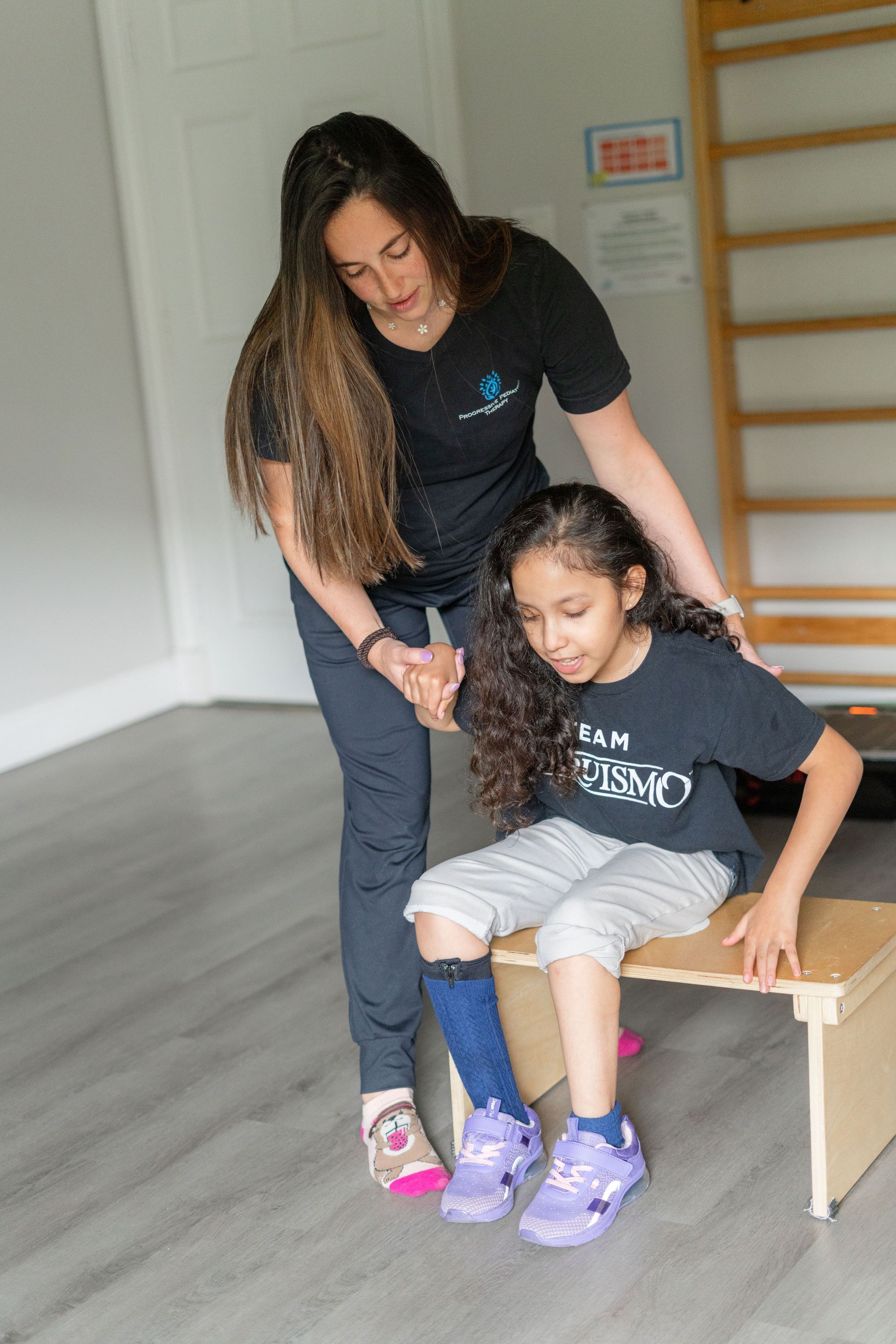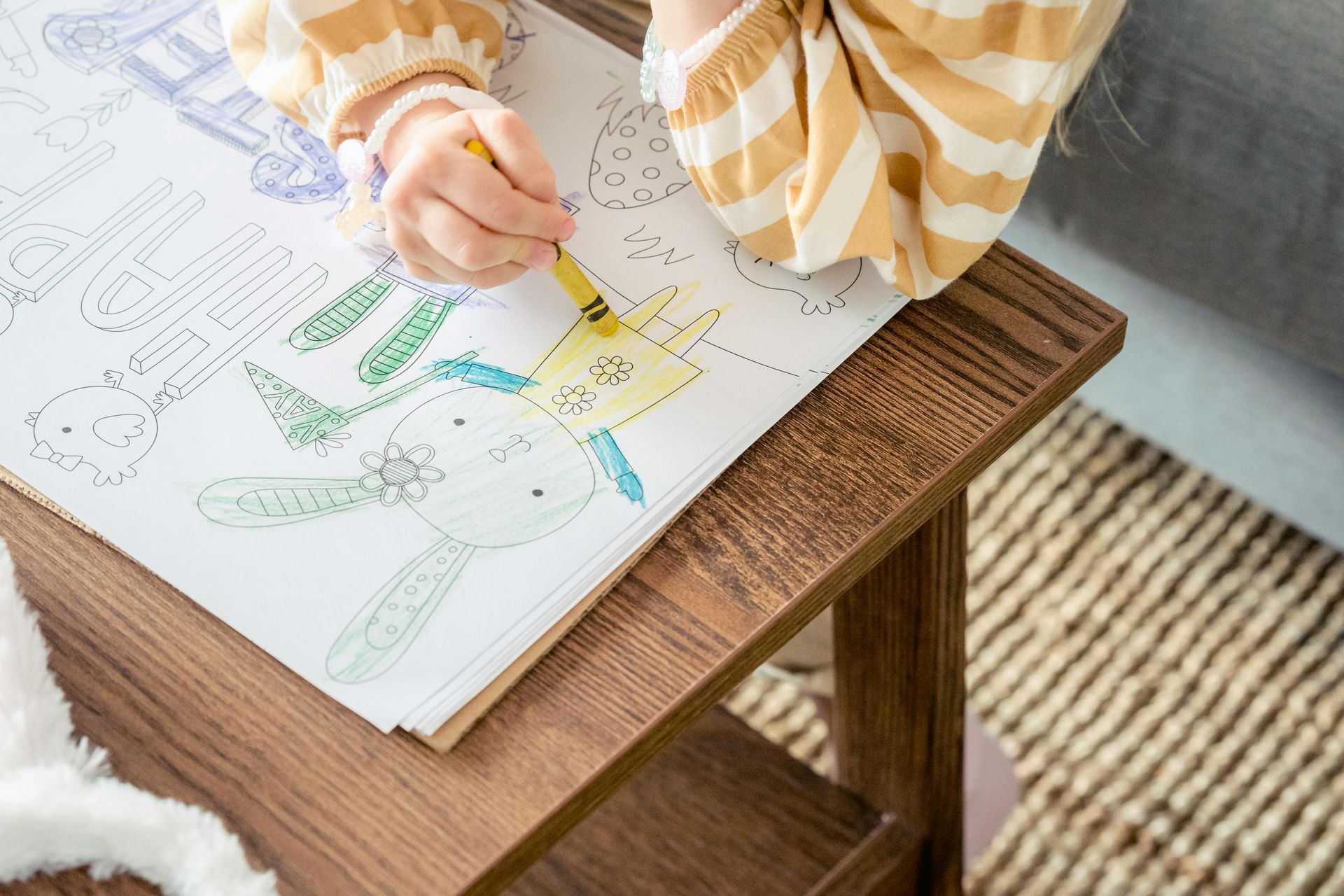Your Clinic
SET A LOCATION
Your Clinic
SET A LOCATION

At Progressive Pediatric Therapy, we know that every child’s feeding journey is unique. Some children may struggle with sensory issues, oral motor delays, or behavioral challenges that affect how they eat. That’s why feeding therapy isn’t a one-size-fits-all solution, instead it involves a blend of specialized approaches tailored to each child’s specific needs.
In this post, we’ll explain 5 key approaches used in feeding therapy, how they work, and why they matter for your child’s growth and development.
The Beckman Oral Motor approach focuses on improving the strength, range of motion, and coordination of the muscles used for eating and drinking. It uses specific exercises and stretches to help children develop better oral motor control.
Many feeding difficulties are rooted in weak or uncoordinated mouth muscles. This approach lays the foundation for functional eating by improving muscle tone, which can lead to more effective chewing, drinking, and swallowing.
The SOS Approach to Feeding is a play-based, developmental method that gradually helps children become more comfortable with food. It focuses on building trust and reducing anxiety by slowly introducing new foods in a fun, low-pressure way.
This approach is especially helpful for children who are picky eaters or who have sensory sensitivities. Rather than forcing a child to eat, we guide them through a step-by-step process — from simply tolerating food nearby, to touching, smelling, and eventually tasting it.
The AEIOU (Acceptance, Exposure, Independence, Observation, Understanding) Feeding Approach is a family-centered model that combines sensory, behavioral, and oral motor techniques. It emphasizes responsive feeding, where we observe the child’s cues and adapt strategies accordingly.
This approach empowers parents and caregivers to be active participants in therapy. It also supports children in becoming more independent eaters by reinforcing positive experiences around food.
Child-led play means allowing the child to explore food and mealtime interactions at their own pace, in a way that feels safe and fun. Therapists follow the child’s lead, using food-related play as a gateway to building positive feeding experiences.
When children feel in control, they’re more likely to try new foods and build confidence at mealtimes. This approach helps reduce resistance and creates a more positive association with eating.
These models address how a child’s senses (taste, smell, texture, etc.) and behaviors affect their ability to eat. Sensory models work to desensitize over- or under-reactive sensory systems, while behavioral models focus on reinforcing positive mealtime behaviors.
For children with autism, ADHD, or sensory processing difficulties, food can be overwhelming. These models help us understand what’s behind a child’s eating challenges — whether it’s sensory aversion, learned behaviors, or anxiety — and build a plan that supports lasting progress.
Feeding therapy is not just about getting your child to eat, it’s about helping them feel safe, capable, and confident during meals. At Progressive Pediatric Therapy, we combine these research-backed approaches to meet your child where they are and guide them toward success.
If you have concerns about your child’s eating habits, you’re not alone — and we’re here to help. Contact us today to learn how a personalized feeding therapy plan can support your child’s growth and well-being.









We empower children, families, and the community to learn, grow, and celebrate every child's unique abilities.
Quick Links
Contact Details
Phone: 561-376-2573 | 561-918-0190
Fax: 561-218-4939
VIP Concierge: 561-717-1764
Clinic Locations
All Rights Reserved | Progressive Pediatric Therapy, Inc. | Privacy Policy | Terms of Service
Site by Spearlance